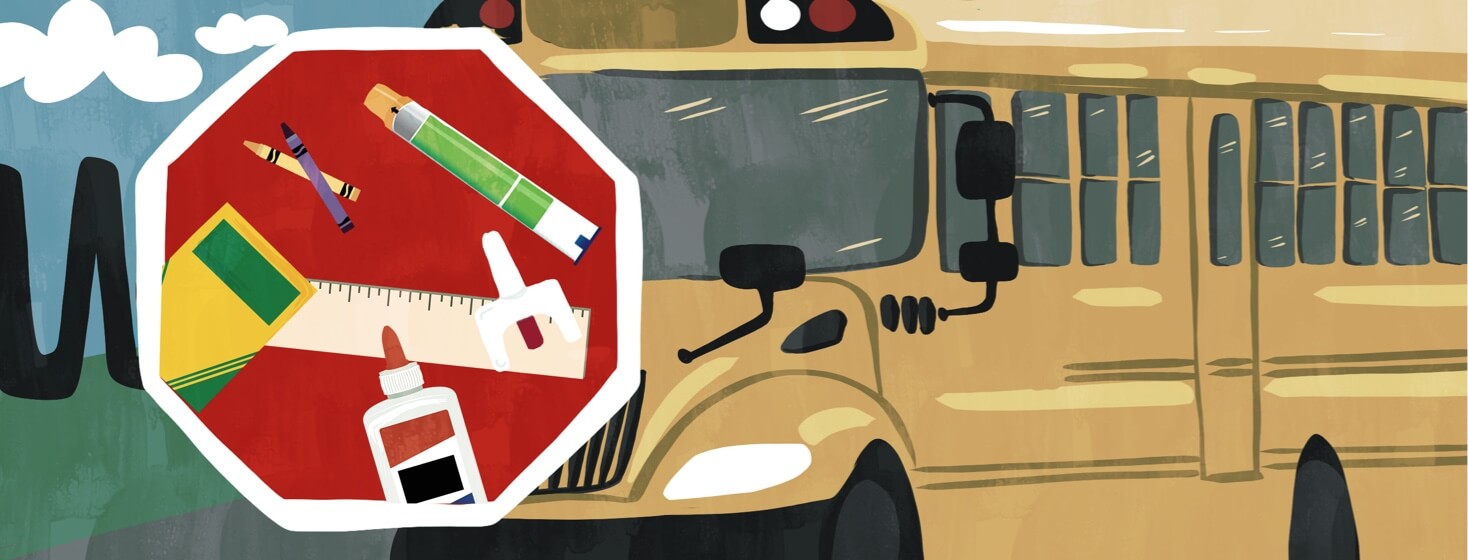Epilepsy Preparedness in Schools: A Mom's Perspective
Recently I watched a news article about a local school that was able to save a young adult who was having a drug overdose by using NARCAN Nasal Spray. This adult was not a student at the school, but someone driving by had stopped at a nearby police station and restaurant to inquire about NARCAN on hand. Neither had it.
A lifesaving medication
Fortunately for the young person suffering from a drug overdose, the school across that street happened to have it on hand and they were able to save his life by administering 2 doses of the medication.
I started to ask myself questions about our educational system's ability to help children in all different health scenarios. And why on earth a school has NARCAN for a drug overdose, but I have to complete 3-4 health forms just to have permission for my son to take epilepsy medication in his backpack to and from school?
Is this disease discrimination? Does epilepsy take a backseat to a drug epidemic? I needed to find some answers so I began doing some investigation of my own.
The prevalence of epilepsy in school children
According to The Epilepsy Foundation, there are 470,000 children living with epilepsy in the U.S. That is 6 in 1000 students. The Center for Disease Control estimates that each year there are about 3000 deaths due to epilepsy in the U.S. UCLA Health reports that due to COVID-19, death rates due to drug overdose in youth 14-18 years of age have been on the rise from 492 in 2019 to 1,146 in early 2021.1, 2, 3
I wasn't surprised to learn that the top chronic health conditions in schools included asthma, diabetes, epilepsy, and food allergies.4
Nowhere on this list does it mention drug overdose. And it begs me to ask why we are supplying NARCAN in schools when we struggle to have trained people to administer rescue medications for prevalent conditions like diabetes, severe allergies, epilepsy, and asthma?
Equipping schools for seizures and other health emergencies
Don't get me wrong, I am glad the option is available for those who need it for a possible drug overdose! However, shouldn't we also be giving the same level of respect and attention to these other life-threatening conditions that school professionals see on the daily?
Why aren't we supplying schools with the rescue medications available for these most prevalent health conditions that would at least buy time for medical personnel to respond to a call? How can parents advocate and make it easier for schools to care for all children with special healthcare needs while also doing their job of educating young minds?
I don't have the answers but would love to hear your comments on this topic of health concerns in our schools and how we equip our schools to manage a crisis situation.

Join the conversation